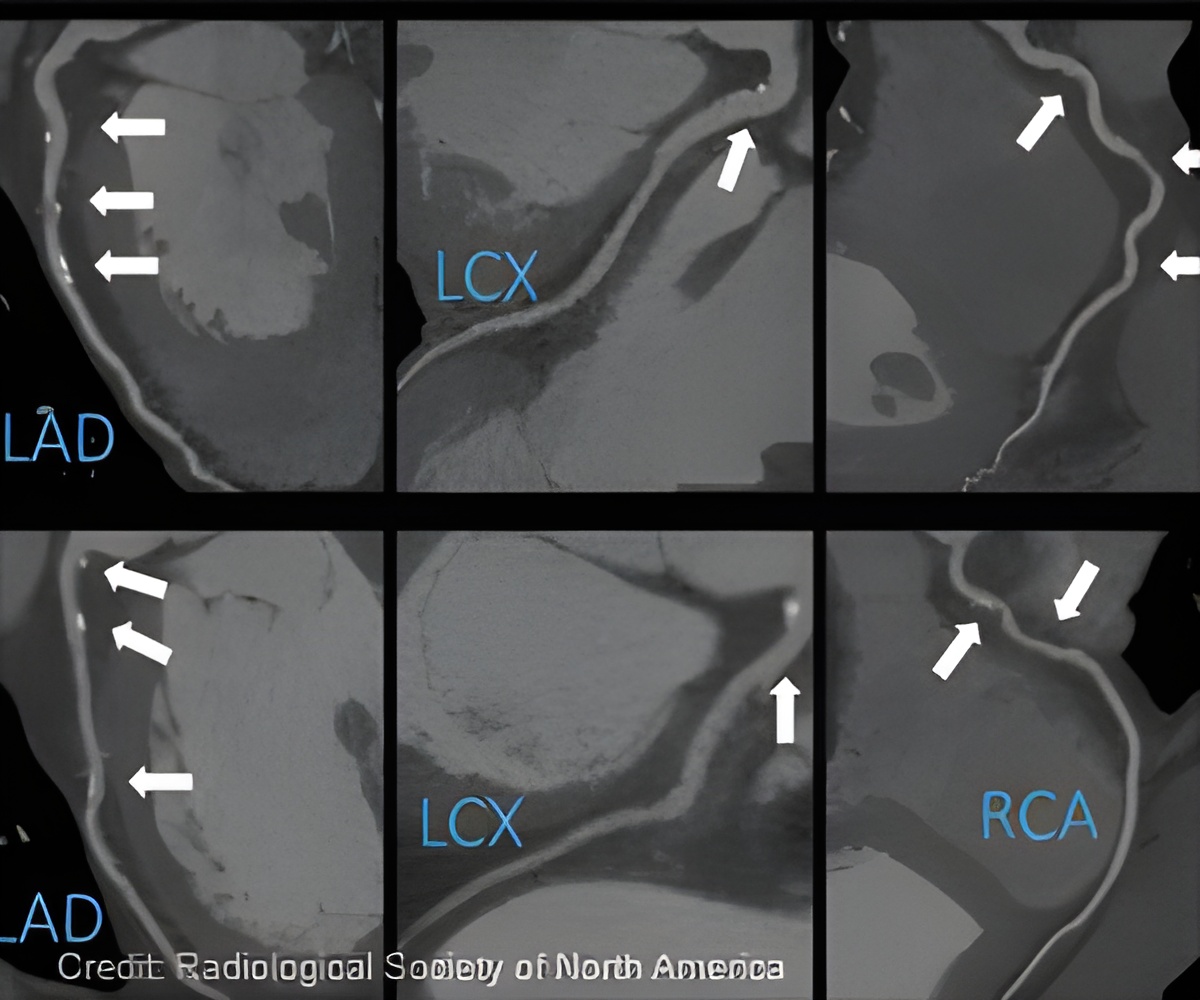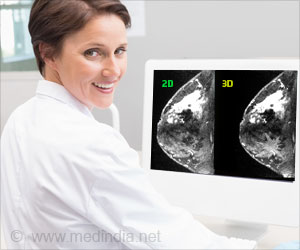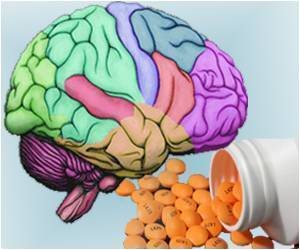In a latest study, researchers found that there is no clear cut-off age to stop breast cancer screening.

- Study finds that there is no cut-off age to stop breast cancer mammography screening.
- The researchers evaluated the performance of screening mammography based on four standard performance metrics.
- The results showed a rise in cancer detection rates with increase in age from 40 years.
In 2009, the United States Preventive Services Task Force (USPSTF) released new guidelines stating the lack of evidence in assessing the benefits and harms of screening mammography in women aged 75 years or older.
Researchers conducted a nation-wide study in 2015, on screening mammography outcomes and found that there is no clear cut-off age to stop breast cancer screening.
The findings will be presented at the annual meeting of the Radiological Society of North America (RSNA).
This research supports guidelines to encourage screening decisions based on individual patients and their health status.
Analyzing Screening Mammograms-
Over 5.6 million screening mammograms performed over a 7-year period between January 2008 and December 2014 in 150 facilities across 31 states in the U.S, were analyzed for the study.
The research team looked at patient demographics, screening mammography results and biopsy results.
Data from over 2.5 million women over age 40 were sorted into patient groups by age in 5-year intervals (40-44, 45-49, etc.).
Standard Performance Metrics-
To evaluate the performance of screening mammography for each age group, four standard performance metrics were calculated: cancer detection rate, recall rate, positive predictive value for biopsy recommended (PPV2) and biopsy performed (PPV3).
Recall rate is the percentage of patients called back for follow-up testing after a screening exam.
Positive predictive value reflects the percentage of cancers detected during examination, for which biopsy was recommended or performed.
Screening performances were considered ideal if it had a higher cancer detection rate, PPV2 and PPV3, and a low recall rate.
Higher PPV2, PPV3 and Lower Recall Rate-
Results showed a mean cancer detection rate of 3.74 per 1,000 patients, recall rate of 10%, PPV2 of 20% and PPV3 of 29%.
The performance metrics showed a gradual upward trend for cancer detection rate, PPV2 and PPV3, but a downward trend in recall rate, with an increasing age from 40 to 90 years old.
"We know that the risk of breast cancer increases with age," Dr. Lee said. "With the uncertainty and controversy about what age to stop breast cancer screening, we want to address this gap in knowledge using a large national database."
"The continuing increase of cancer detection rate and positive predictive values in women between the ages of 75 and 90 does not provide evidence for age-based mammography cessation," Dr. Lee said.
The findings support the argument that the decision whether or not to stop screening should be based on an individual's personal health history and preferences.
Source-Medindia











